Understanding Hydraulic Seals
Hydraulic seals are crucial components in various machinery and equipment, playing an essential role in maintaining the efficiency and integrity of hydraulic systems. These seals are designed to contain fluids, prevent the ingress of contaminants, and maintain hydraulic pressure within cylinders. The effectiveness of hydraulic seals is paramount in systems where fluid control is critical to the operation of machinery.
Types and Applications of Hydraulic Seals
The diversity of hydraulic seal types caters to different industrial needs. Static seals, for instance, are used in applications where there is no movement between the sealing surfaces, while dynamic seals are suitable for parts in motion. Hydraulic cylinder seals are specifically designed for the smooth operation of hydraulic cylinders, which are prevalent in construction equipment, manufacturing machinery, and more. Hydraulic piston seals ensure that the piston in the hydraulic cylinder can move efficiently, preventing fluid leakage.
Features and Materials
Materials for hydraulic seals are selected based on their resistance to pressure, temperature, and environmental conditions. Common materials include polyurethane, rubber, and PTFE. Each material is chosen for its specific properties, such as the ability of hydraulic oil seal materials to withstand the degradation that can occur due to constant contact with hydraulic fluids. Wiper seals are another vital type, designed to prevent contamination in hydraulic systems by wiping dirt from the extending rods.
Advantages of Quality Hydraulic Seals
The advantages of using well-made hydraulic seals are numerous. They extend the life of hydraulic systems by maintaining pressure and preventing contamination. Dowty seals, known for their robustness, are a popular choice in industries requiring a durable seal for high-pressure applications. Similarly, hydraulic ram seals are critical in ensuring the reliable operation of hydraulic rams by providing a tight seal and reducing maintenance needs.
Selection Considerations
When selecting the right seal, factors such as pressure ratings, temperature range, and fluid compatibility are crucial. For instance, hydraulic cylinder piston seals must be chosen with an understanding of the cylinder's pressure dynamics. For those looking to perform maintenance, replacing seals on hydraulic cylinder requires knowledge of the existing system's specifications to ensure the new seals provide an equivalent or improved performance.
Finding the Right Supplier
Locating hydraulic seals suppliers that can provide a range of options and materials is easier than ever. Buyers can connect with suppliers offering a variety of hydraulic seals, including specialized types like U cup seals and general-purpose seals, ensuring that the specific needs of any hydraulic system can be met with precision and reliability.

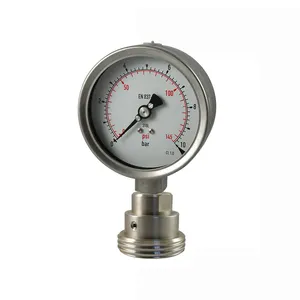





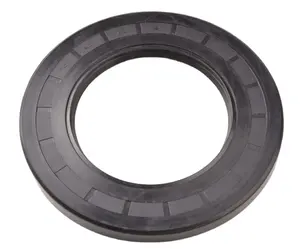




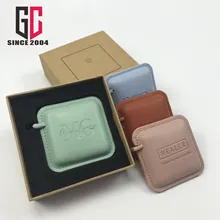



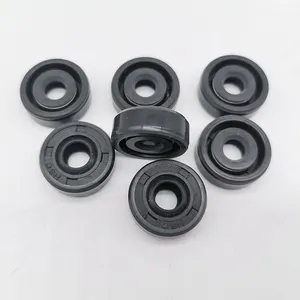
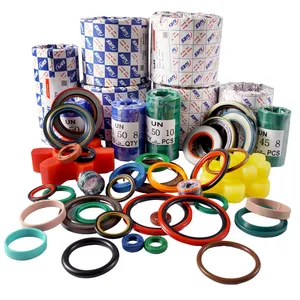
























 浙公网安备 33010002000092号
浙公网安备 33010002000092号 浙B2-20120091-4
浙B2-20120091-4